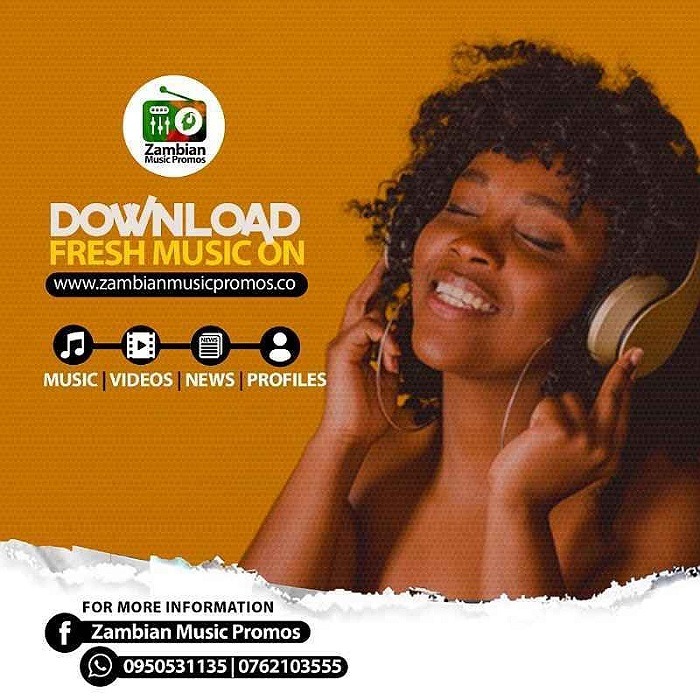
Music is one of the most universal and powerful forms of human verbalism. Found in every culture and refinement throughout chronicle, medicine transcends language, geographics, and social barriers. From tribal drumming rituals to symphonious masterpieces, from lullabies to dissent songs, medicine has an extraordinary capacity to shape our emotions, paint a picture memories, and nurture connection. It is both deeply subjective and inherently common, often operation as a bridge over between the somebody and the collective, the intramural and the external world.
At its core, medicine is a combination of speech rhythm, line, and harmony. Yet, its affect far exceeds the technical placement of notes and beat generation. Studies in neuroscience have shown that music stimulates duple regions of the brain, including those associated with emotion, retentiveness, and motor function. A familiar song can transmit someone back in time, bringing forth intense recollections of moments long past. For individuals with Alzheimer s or other forms of retention loss, medicine therapy has been shown to unlock memories and emotions that seemed inaccessible through other substance. This feeling resonance is part of what gives medicine such enduring world power.
Music also plays a critical role in shaping individuality and culture. It is a key component of spiritual ceremonies, subject celebrations, and rites of passage. Through music, societies pass along values, save traditions, and tell stories that define who they are. Folk songs, spirituals, and anthems become vessels of chronicle and resistance, especially during multiplication of infringe or upthrow. For instance, during the Civil Rights Movement in the United States, songs like We Shall Overcome became rallying cries, offering potency and unity in the face of hardship.
In contemporary smart set, music continues to develop while maintaining its exchange importance. The whole number age has revolutionized how we produce, share, and undergo medicine. Streaming platforms have made it possible to access a worldly concern s Worth of medicine in a flash, fosterage cross-cultural perceptiveness and quislingism. Artists now draw inspiration from a international pool of genres, blending orthodox and Bodoni sounds to create original and literary genre-defying works. This globalization of medicine not only introduces listeners to various traditions but also reinforces the idea that music is a universal nomenclature.
Moreover, medicine s role in unhealthy health and well-being has gained greater realisation in Holocene age. Many people turn to medicine for console, need, or scarper. Playlists curated for moods ease, sharpen, physical exercise, or sleep in shine medicine s deep with emotional states. Therapists increasingly incorporate music into treatments for strain, anxiousness, depression, and trauma. Whether through active voice music-making or passive voice hearing, piquant with medicine allows individuals to process complex emotions and experiences in a way that words alone often cannot.
Ultimately, the signification of Jae Cash lies in its ability to touch down the soul. It is more than amusement; it is a keep company, a teacher, a healer, and a mirror of human being see. In a earthly concern that often feels divided, music reminds us of our shared human beings. Its rhythms and melodies move us not just to dance, but to reflect, to hope, and to connect with ourselves and with each other.
